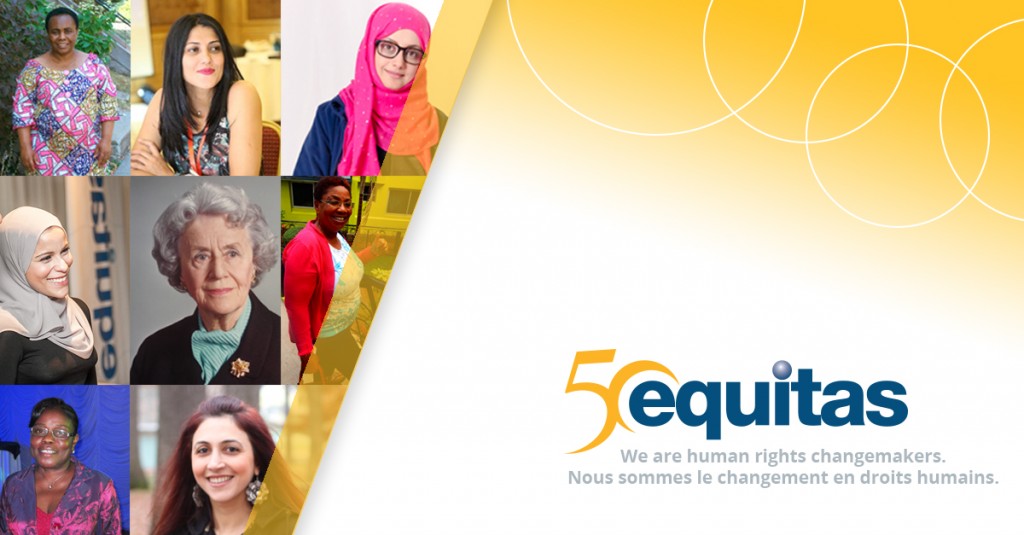
Women are key drivers of positive social change. They are leading the way to promote empowerment and gender equality. That is why Equitas, through human rights education initiatives, continues to equip women to be leaders today and tomorrow.
Celebrating International Women’s Day on March 8th, meet these 8 inspiring women and Equitas partners from around the world! From Safa Rawiah working to end early marriage in Yemen to Berthe Tatey changing practices that discriminate against widowed women in Togo, they are contributing each in their own way to empowering women and achieving gender equality. #IWD17 #BeBoldForChange
These stories are part of the series “We are human rights changemakers” to celebrate Equitas’ 50th anniversary. All through 2017, discover stories of 50 human rights changemakers who have changed lives around the world through human rights education with Equitas’ support. #Equitas50
Changing Practices that Discriminate Against Widowed Women in Togo
– Berthe Tatey, Togo
“The organization of meetings between traditional leaders and women drives them to talk, to give their opinion, to become aware of injustice. Women found their rights, and that, by improving traditional practices.”
Ending Child, Early and Forced Marriage in Yemen
– Safa Rawiah, Yemen
“We will keep raising awareness, focusing on convincing decision makers to make policies that change the minimum age for marriage to 18. We will reduce the number of victims of early marriage.”
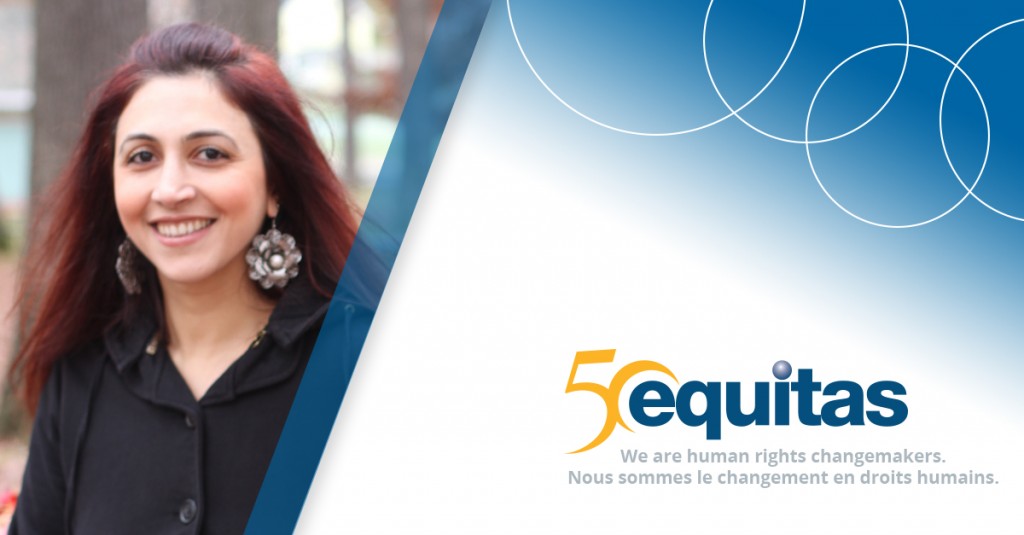
Promoting Women’s Political Participation in Armenia
– Zhanna Harutyunyan, Armenia
“When I saw so many smart, dedicated people from so many different backgrounds working together, I could imagine that the world can live as one.”
Moving Forward Together to Empower Marginalized and at Risk Women in Tanzania
– Aginatha Rutazaa, Tanzania
“I wanted to help the women see things differently, to know their rights and understand their potential. I didn’t want them to feel humiliated because their partners, their community or cultural practices undermined them.”
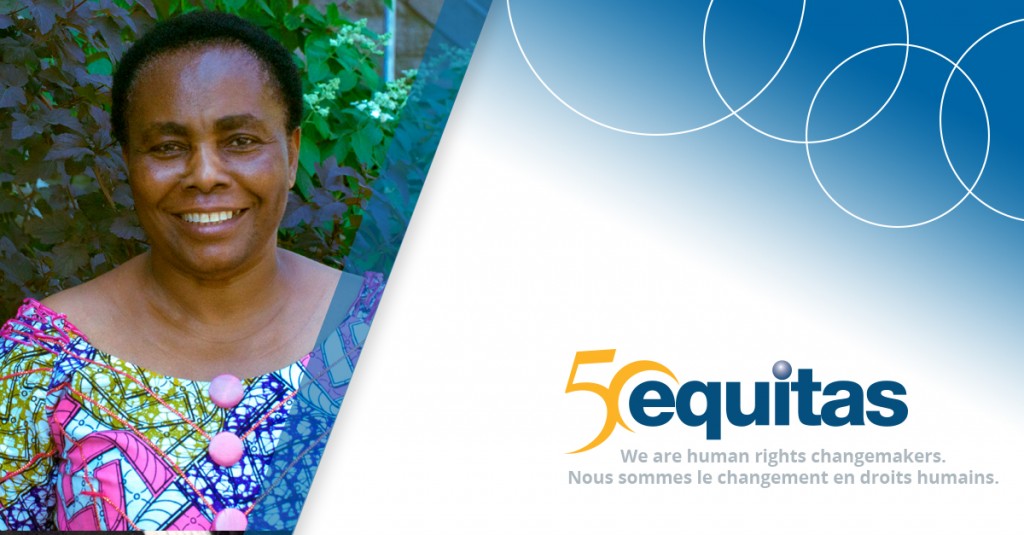
Giving a Voice to Women Victims of Sexual Violence in the Democratic Republic of the Congo
– Julienne Lusenge, Democratic Republic of the Congo
“They become aware of their rights and fight to defend them, regardless of where they come from and their level of education.”
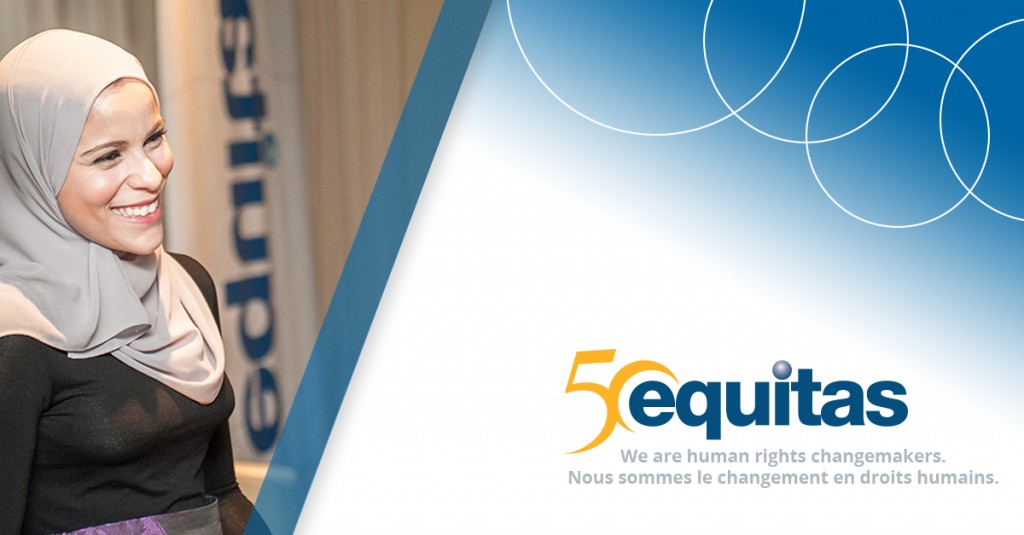
Igniting the Spark for Women’s Leadership and Engagement in Libya and Around the Globe
– Alaa Murabit, Libya
“We have to do better not only for one another out of a basic sense of humanity, but we also have to do better because if we don’t, nobody else will.”
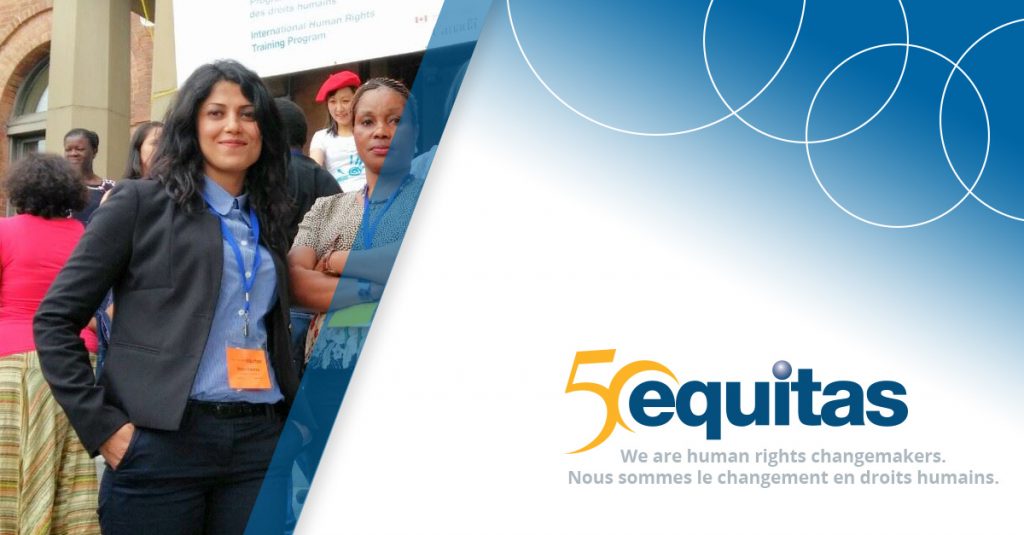
Promoting the Emancipation of Young Tunisian Women Through Social Engagement
– Imen Hamza, Tunisia
“It is not enough for the state to change the rights or to put in place new rights without doing a great job of raising awareness and changing practices and culture. It must start with the school, the family, in the street.”

Advancing Women’s Rights and Human Rights in Quebec
– Thérèse Casgrain, Montreal, Canada
“You could not say no to her. On the contrary, when she was told no, it was enough to motivate her even more to pursue the cause she wished to defend!”